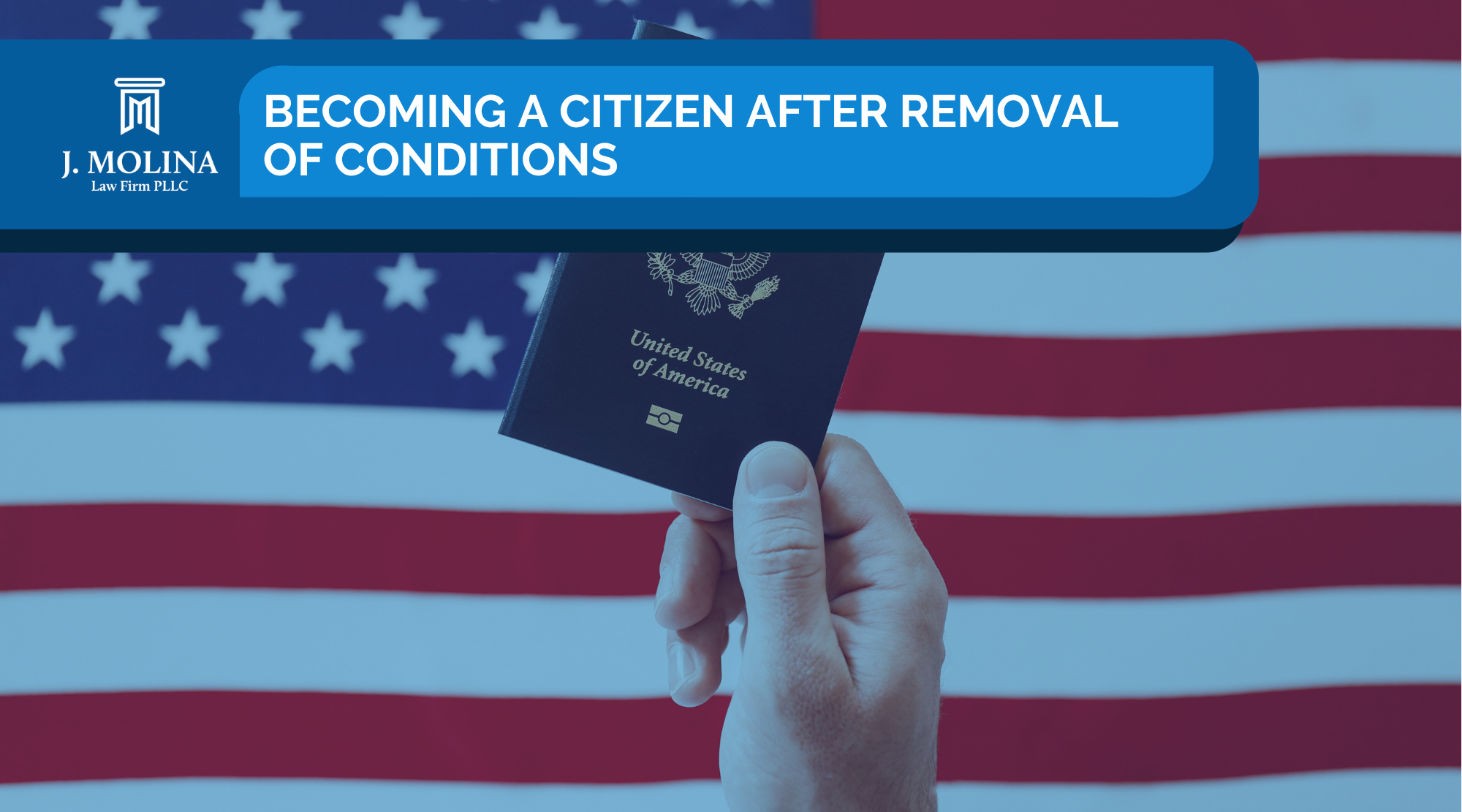Researched and explained by Attorney Lorena Castillo.
The U.S. Department of Homeland Security (DHS) has introduced a new family reunification program for parole process for nationals from Colombia, El Salvador, Guatemala, and Honduras, similar to existing processes for Cubans and Haitians.
This new process is for individuals whose family members in the U.S. are citizens or permanent residents and have approval for family reunification. Eligible beneficiaries must meet certain criteria and be outside the U.S. DHS may deny eligibility if beneficiaries have irregularly crossed into the U.S. after July 10, 2023, among other factors.
The process begins with the Department of State sending invitations to petitioning U.S. citizens or permanent residents who have approved Form I-130 petitions for beneficiaries. These petitioners must submit Form I-134A, a financial support declaration, within 12 months. The National Visa Center (NVC) will send invitations via email or mail.
The petitioner initiates the process on behalf of beneficiaries for advance travel authorization and parole. Parole is granted on a discretionary basis, considering urgent humanitarian reasons or significant public benefit. Parole is typically for up to three years, during which beneficiaries can request employment authorization while awaiting an immigrant visa. This process is voluntary and aims to provide a lawful, safe, and orderly alternative to irregular migration, aligning with U.S. national security interests and foreign policy priorities to reunite families.



